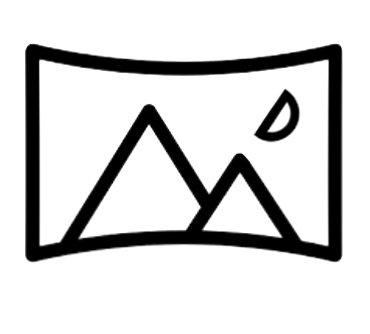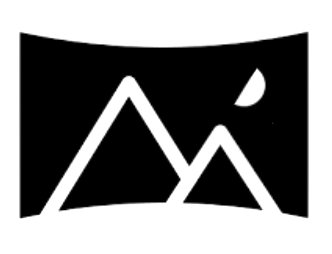If the photographer lies, photography dies?
Iceland, 2023, (unedited, scanned negative)
When photography was first invented people questioned if it was real and like a tragedy, we deny it, question it, and then have to except it.
As hard as it is trying to imagine how it must of felt seeing a photograph appear out of nowhere, all we have to do is look at an AI generated ‘human’ to get what I think is a similar feeling. AI makes us question if what we are looking at is real, just like early photography.
Presently, as a photographer, I can spot an AI generated face quite easily, often because it’s too perfect and looks plastic (not unlike people who had had too much filler injected into there face). But most non-photo people cannot, just like they couldn’t tell when an image has been heavily retouched.
What I struggle with is the fact that one day we may not be able to tell the difference between what is real visually real and what is not. (I’ve always believed that beauty in life comes from its imperfections and all one has to do is switch off and go outside.)
Like it or not, photography has always been a lie. From the moment we look through the lens, we move, focus, focal length, and adjust to alter its reality. Today it has never been more important to be honest about our photography, and by that I mean how we got the image in the first place. Whether film, digital, AI, or a composite of ten images, truth in photography cannot come from the final photograph, its just a photograph. The truth must from the photographer. If the photographer lies, then photography dies.


